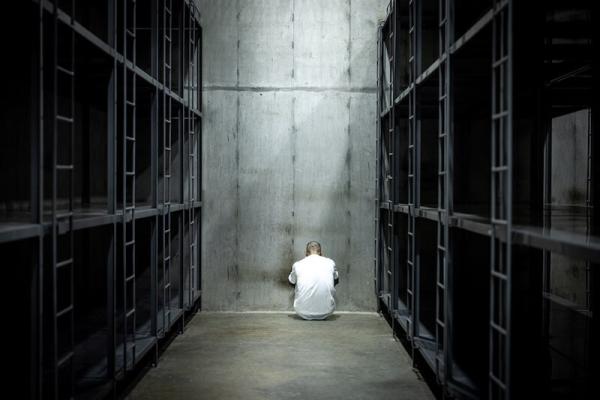Apr 16, 2025
This past March, the Trump administration deported over 200 men to El Salvador to be held in the notorious maximum-security prison known as the Centro de Confinamiento del Terrorismo.
White House spokespersons have repeatedly claimed that these men — most of whom are of Venezuelan background — are members of the Venezuelan gang, Tren de Aragua.
However, multiple outlets have reported that neither the U.S. government nor El Salvador have provided any evidence to support these accusations.
Read the Full Article

Already a subscriber? Login
